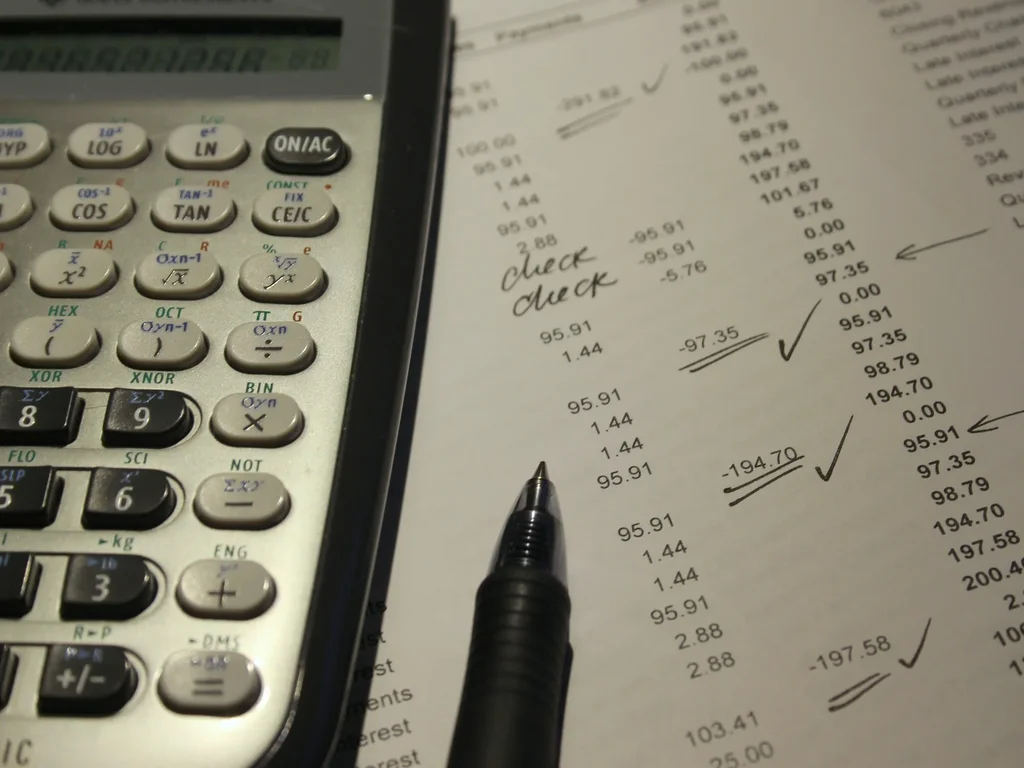
For many business owners, it is time to close the books for 2023, and this is where the final accounts come into play. We will explore what final accounts are, how to prepare them and whether they need to be submitted along with the income tax return.
What are final accounts?
For every active business, it is necessary to maintain continuous bookkeeping throughout the year. When the fiscal year ends, it is time to compile the company's bookkeeping into final accounts.
The final accounts are a summary of the company's finances for the past fiscal year and aim to provide a clear and fair view of the company's financial situation. The types of final accounts vary depending on the business form and turnover.
All final accounts must include a balance sheet and an income statement. The balance sheet shows the company's assets, liabilities, and equity. The income statement shows the year's revenues minus the year's expenses.
How to prepare final accounts?
When preparing final accounts, it is important to allocate revenues and expenses to the correct period. If work is performed in 2023 but paid for in 2024, it should be reported in the 2023 results. If there is inventory, it should be counted at the end of the fiscal year. If the company has fixed assets, they should be depreciated if not done continuously.
Another important part of the final accounts process is reconciliations. It is important to compare the balance sheet accounts with external documents such as bank statements, the tax account, the latest loan statement, and other documents. By ensuring that the numbers match, inaccuracies are avoided, and this in turn creates an accurate financial report.
After reconciliations, tax adjustments may be necessary. One of the most common adjustments is year-end appropriations, such as tax allocation reserve, which allows tax on the result to be deferred to later years. This enables smoother taxation over time. When the tax adjustments are made, the final accounts are complete and form the basis for how much tax the company should pay.
When should the final accounts be ready?
The final accounts should not be submitted but should only be prepared and kept with the bookkeeping. Limited companies must submit an annual report, which is not the same as final accounts but can be seen as a more comprehensive form of final accounts. The annual report must be submitted to the Swedish Companies Registration Office (Bolagsverket) no later than 7 months after the end of the fiscal year.
Remember that the final accounts form the basis for the income tax return that must be submitted to the Swedish Tax Agency.
When should the income tax return be submitted?
If you run a sole trader business, Income Tax Return 1 and the NE appendix must be submitted to the Swedish Tax Agency no later than May 2, 2024.
If you run a limited company, Income Tax Return 2 (INK2) must be submitted to the Swedish Tax Agency. The dates depend on when the company's fiscal year ends, as shown in the table below.
| Fiscal Year End | INK2 Date |
|---|---|
| July–August 2023 | April 2, 2024 |
| September–December 2023 | August 1, 2024 |
| January–April 2024 | December 1, 2024 |
| May–June 2024 | January 15, 2025 |


If you need help with your company's final accounts and income tax return, you can contact us using the form below.
Email us
info@digitalbok.se
Call us
010-641 02 93
Adress
Åbroddsvägen 45, 165 70 Stockholm